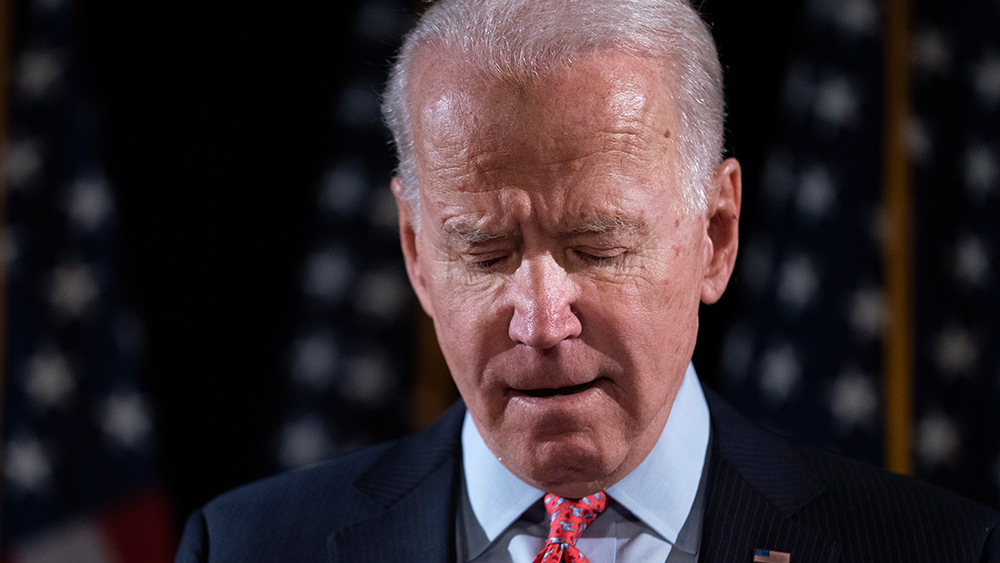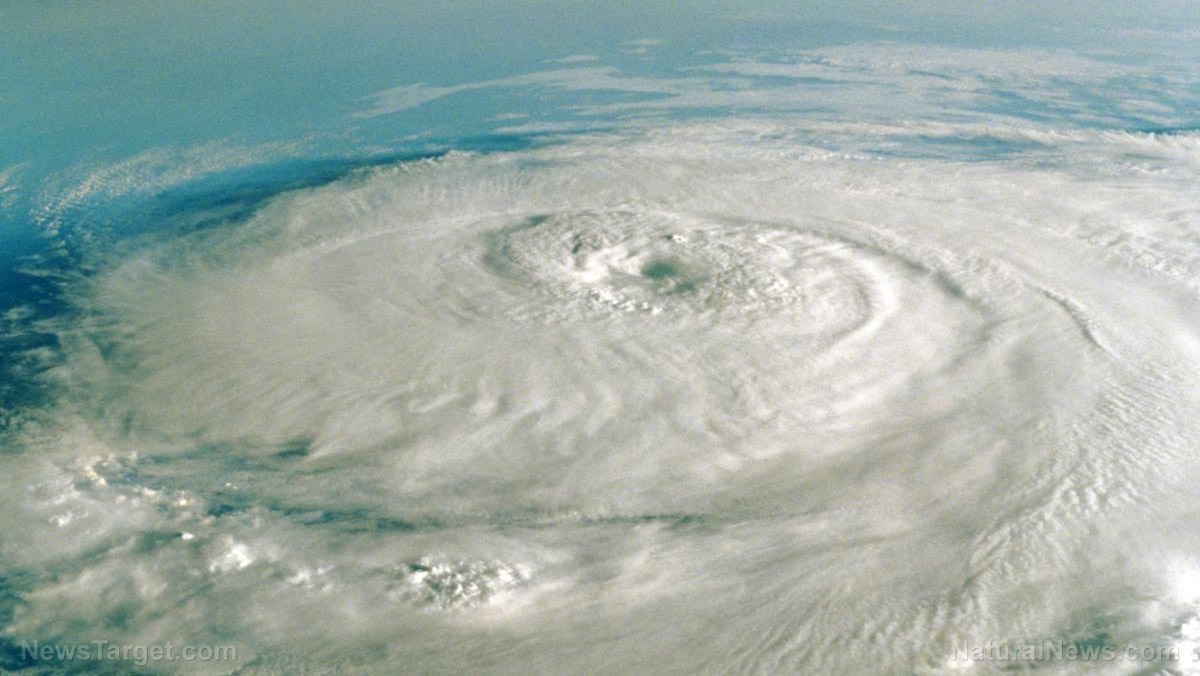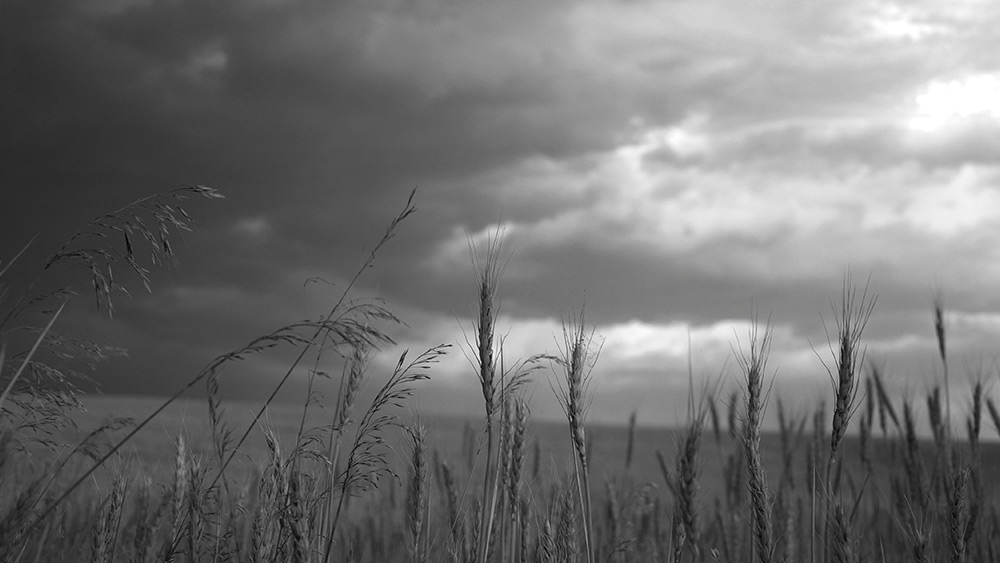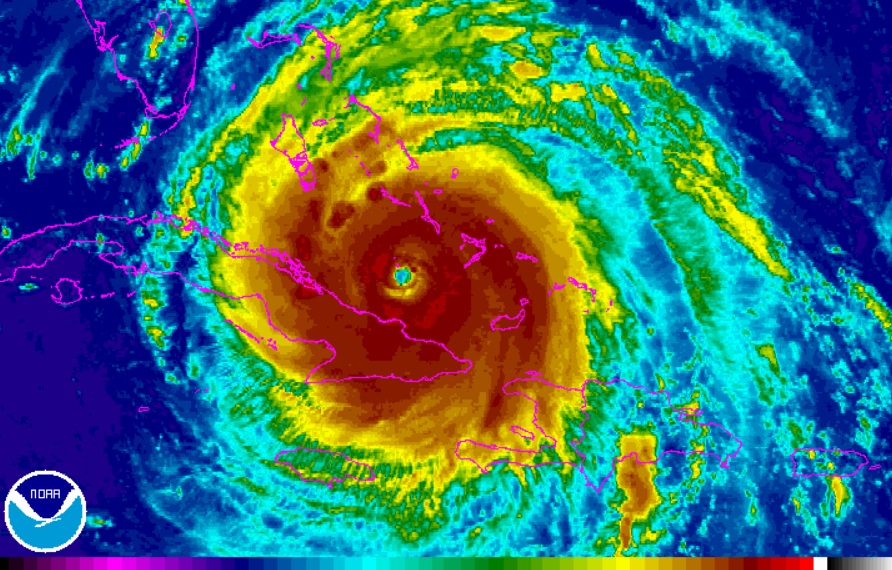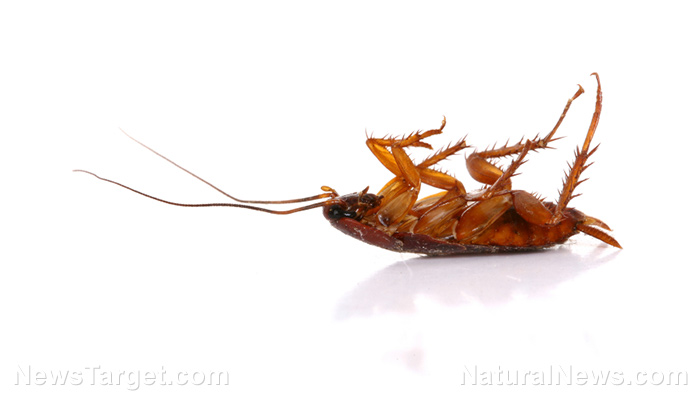Asian hornet arrives in Britain, countless honeybees at risk
09/23/2016 / By D. Samuelson

Asian hornets (Vespia mandarinia) pose no extreme risk to humans, but the presence of these hornets could mean genocide to the honey bees. It’s not the stinger that hurts the bees, reports The Register, it’s the hornet’s jawbone, or mandible that will swiftly decapitate honey bees. They do their damage after hovering around bee colonies while awaiting their prey. They can kill as many as 40 bees in one minute.
This is the first time these dangerous Asian hornets have been discovered in the United Kingdom. Concerns that these bee killers might make their way to the British mainland have existed for quite some time, according to the Independent. The wasps have already made themselves at home in France, where they have been spreading in the central and southern regions at alarming rates. The proliferation of these killer wasps has proven hard to control and they have finally managed to cross the English Channel. The Register reports that these hornets made their way to France from Southeast Asia after burrowing inside a shipment of pottery in 2004.
Nicola Spence is a deputy director at the UK Department for Environment, Food and Rural Affairs and specifically in charge of plant and bee health. She, along with other authorities, are planning an assault of their own. They plan to seek out any nests of this invasive and bee threatening species and eliminate them. Ms. Spence speaks of a “well-established protocol in place” to eliminate the hornets and to keep them from spreading. They will be using traps and infrared cameras over a three mile surveillance zone and utilize specially trained personel to eradicate the hornets.
The British Bee Keepers Association has a roster of 24,000 bee keepers who take care of over three billion honeybees. These bees in Britain, as in many nations, are already at risk from pesticides, pollution, loss of habitat, mites and other parasites. In the United States, our bee population has suffered greatly. In the year between April 2015 and April 2016, as reported by Beeinformed.org, American beekeepers lost 44% of their honey bee colonies.
Pollination by honey bees is vital to our food supply. Without bees, there would be no apples, sunflowers, watermelons, almonds, avocados, bee pollen and many other delicious, nutritious foods we love. Healthymarket.com reports that honeybees are responsible for 1/3 of the food supply, as well as 90% of wild plants.
Let’s do our part to support honeybees by planting the types of herbs and flowers they love.
Sources:
Submit a correction >>
Tagged Under:
Asian Hornets, Bee Keepers Associations, Britain combats Asian Hornets, Honey Bees at Risk
This article may contain statements that reflect the opinion of the author


